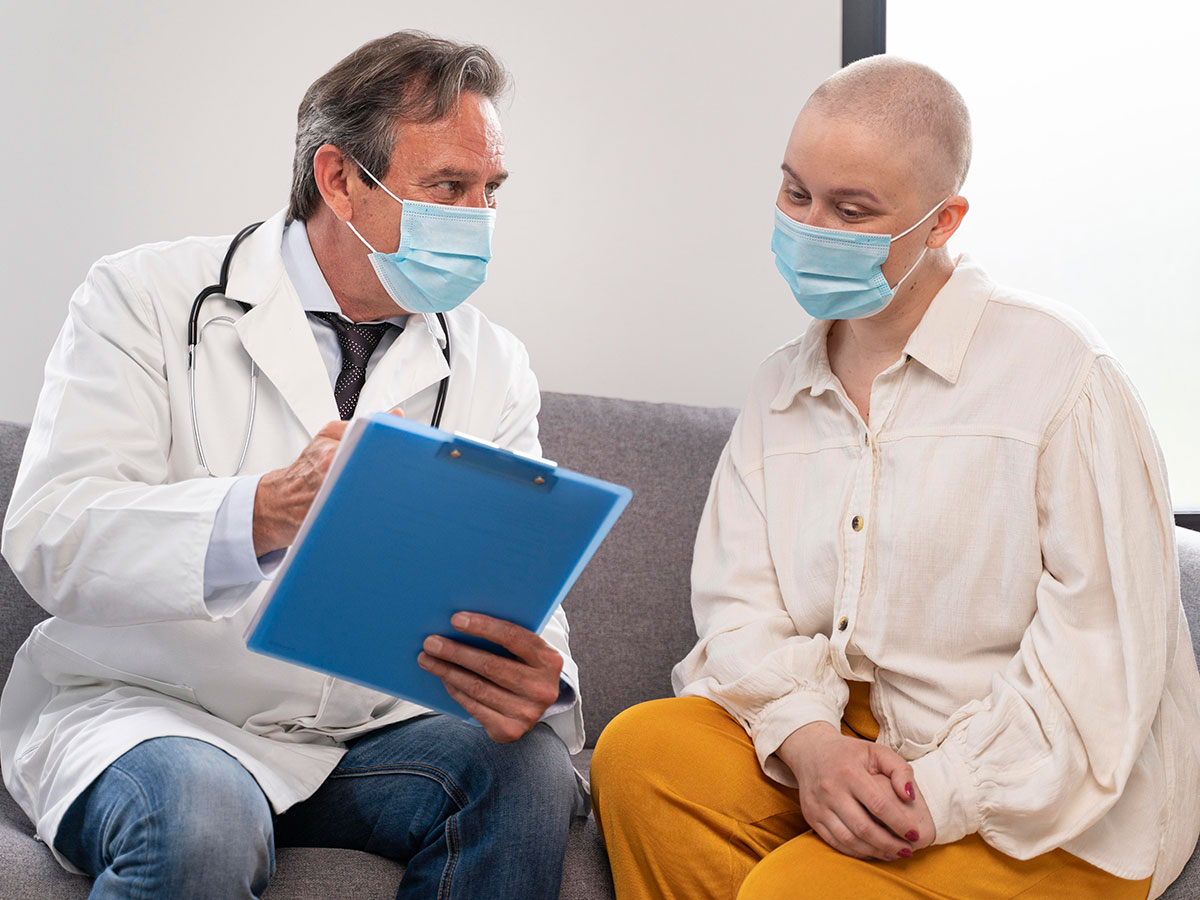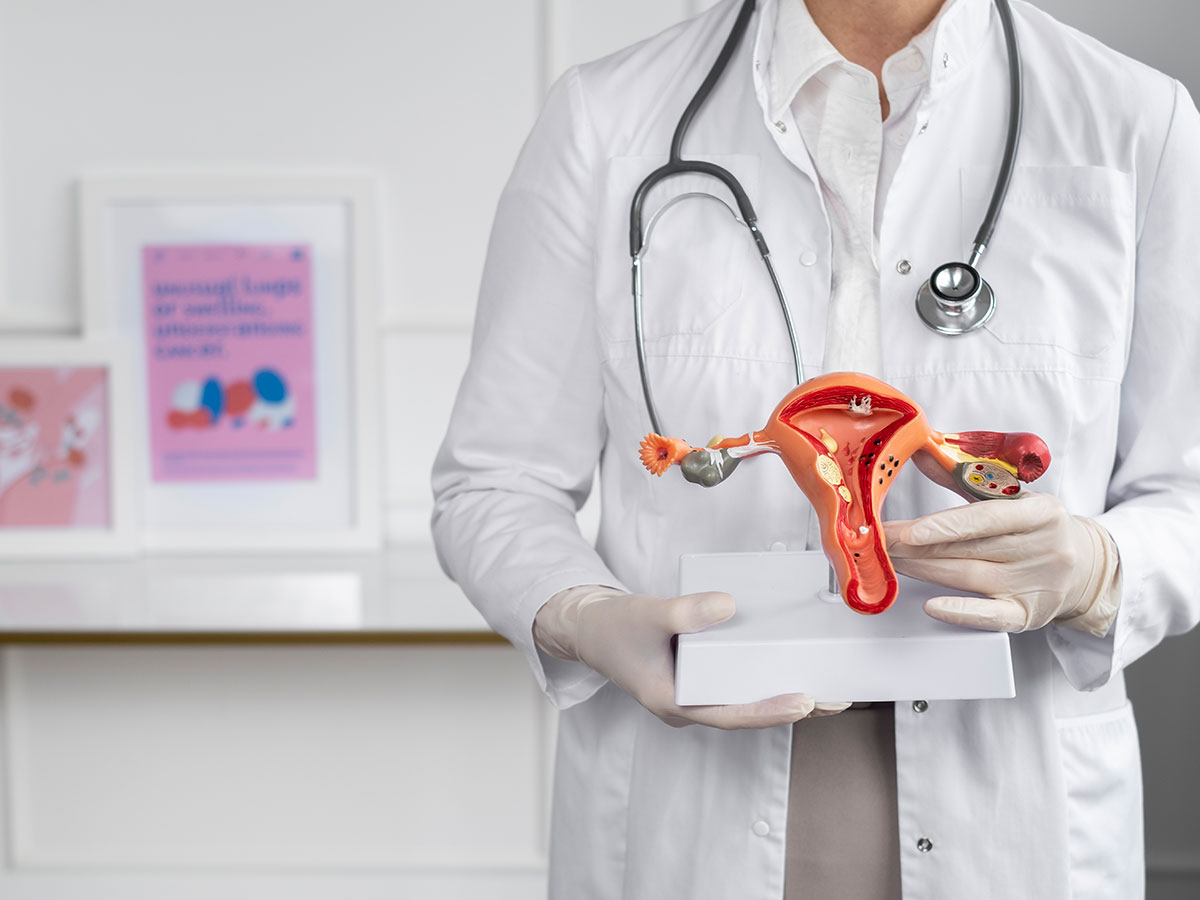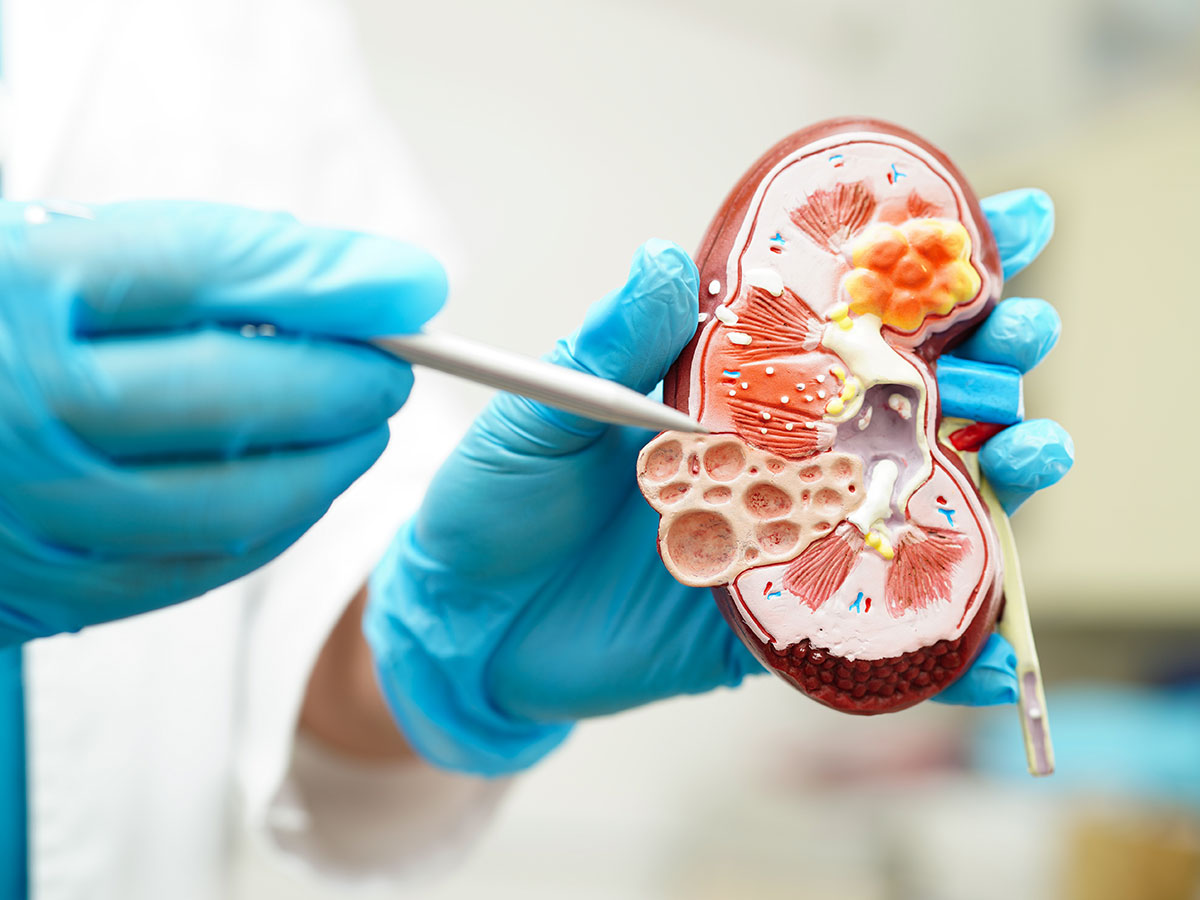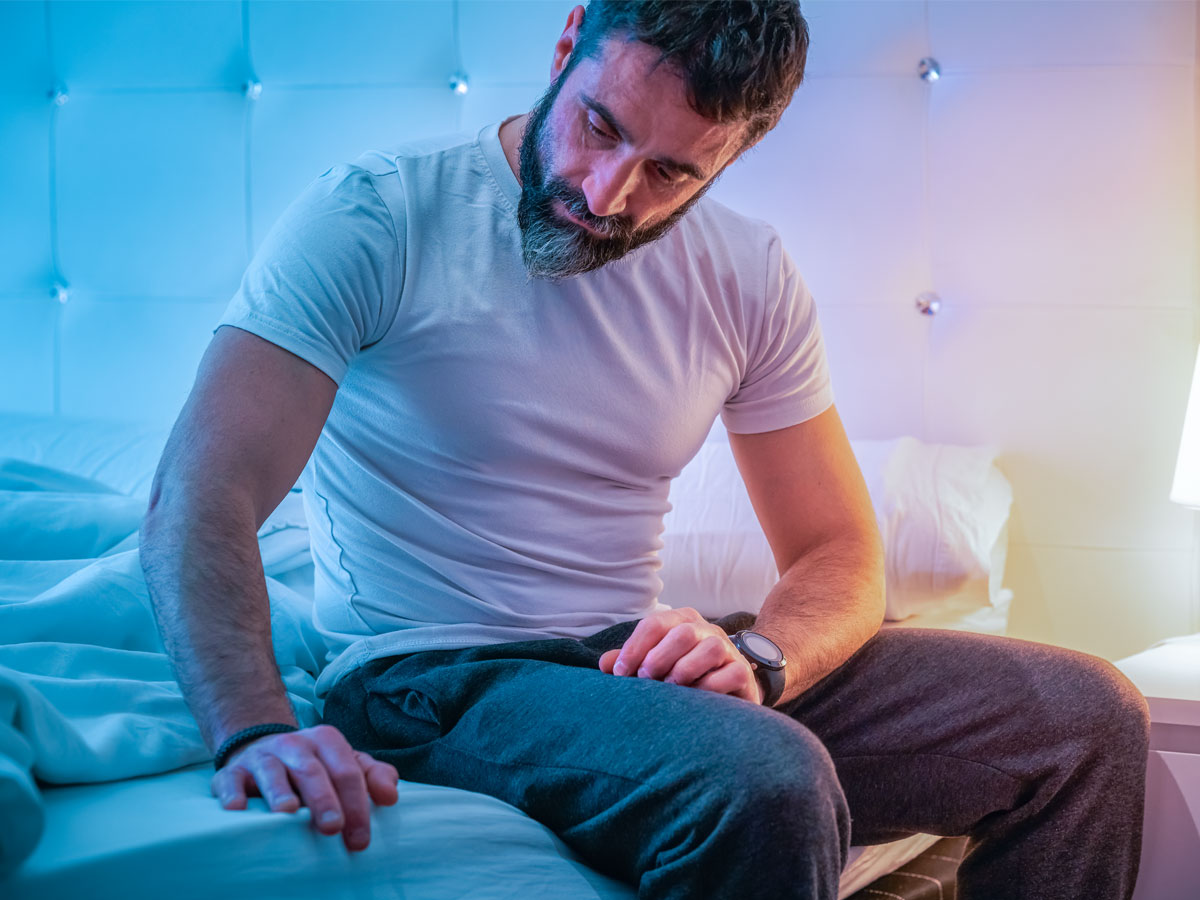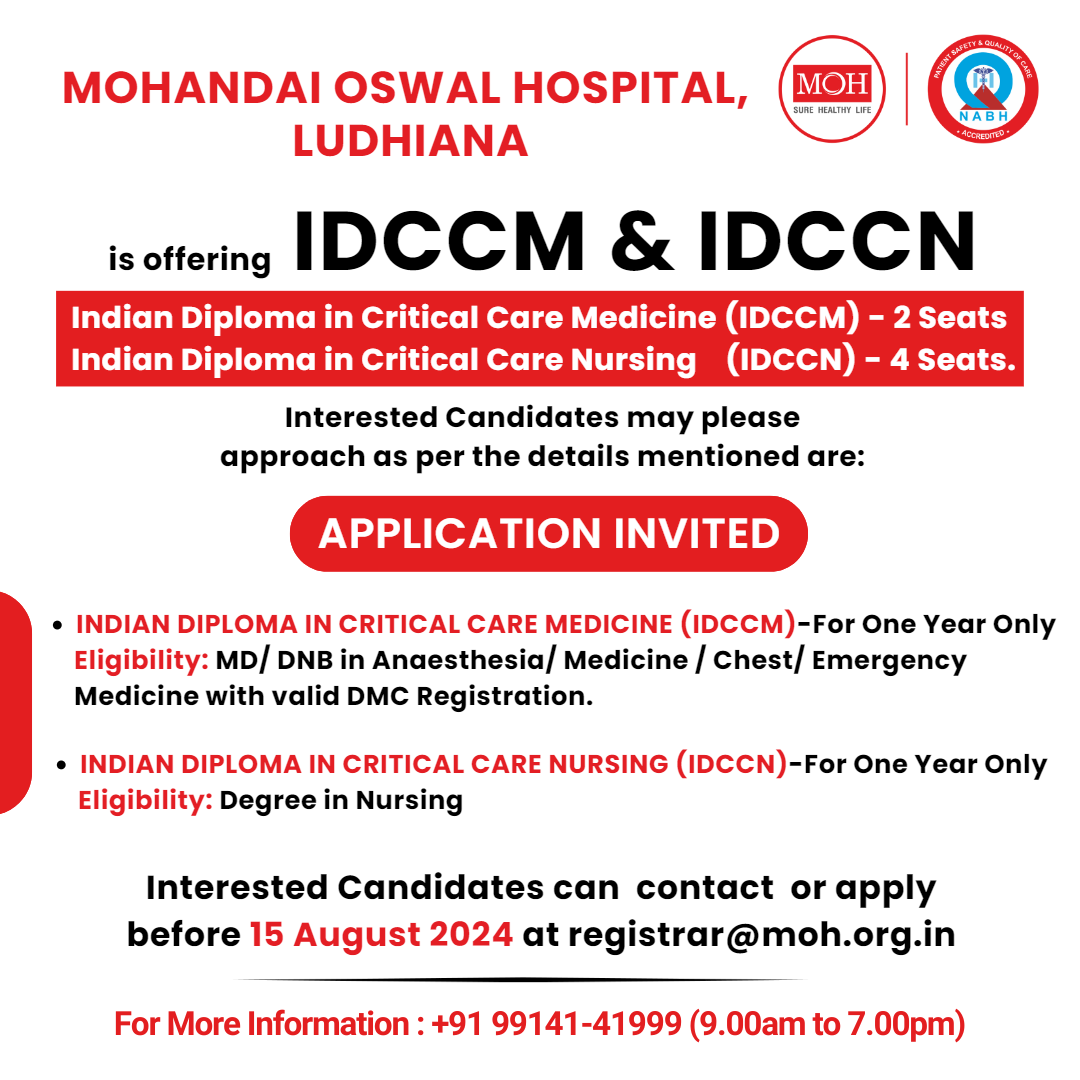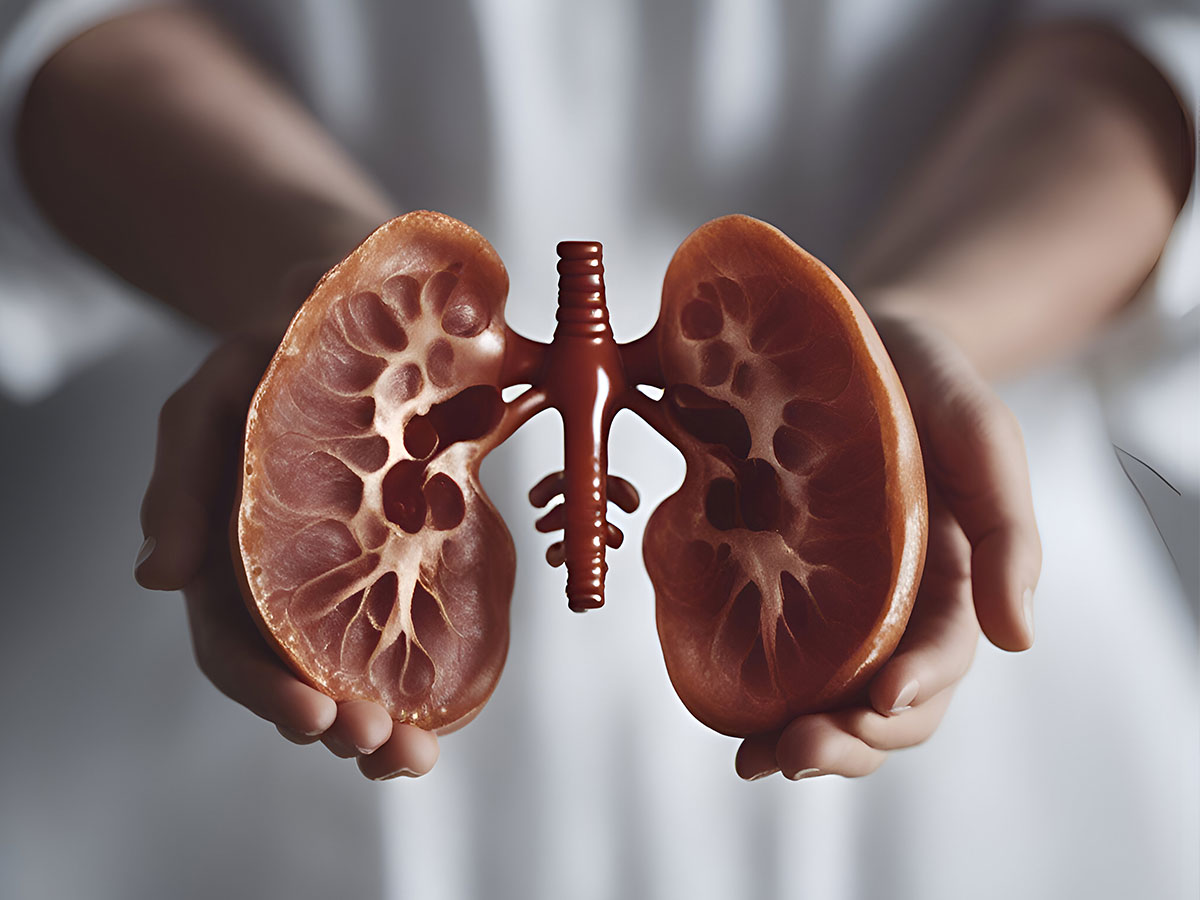
Kidney stones are a common urological condition affecting millions of people worldwide. These hard deposits of minerals and salts form in the kidneys and can cause significant discomfort and complications if not managed properly. At Mohandai Oswal Hospital in Ludhiana, our expert nephrology doctors specialize in diagnosing and treating kidney stones using the latest medical advancements. In this comprehensive guide, we explore kidney stone causes, symptoms, prevention strategies, and the latest treatment updates to help you maintain optimal kidney health.
What Are Kidney Stones?
Kidney stones, also known as renal calculi, are solid crystalline masses that form in the kidneys due to an accumulation of minerals such as calcium, oxalate, and uric acid. These stones vary in size and can travel through the urinary tract, leading to painful symptoms. Some stones may pass on their own, while others require medical intervention.
Types of Kidney Stones
- Calcium Stones: The most common type, often made of calcium oxalate or calcium phosphate.
- Struvite Stones: Formed due to urinary tract infections and can grow quickly.
- Uric Acid Stones: More common in people with high protein diets or metabolic conditions.
- Cystine Stones: Rare and usually hereditary, caused by excessive cystine in the urine.
Symptoms of Kidney Stones
Kidney stones may remain unnoticed until they start moving within the urinary tract. Some common symptoms include:
- Severe pain in the back, side, or lower abdomen
- Painful urination (dysuria)
- Blood in the urine (hematuria)
- Frequent urge to urinate
- Nausea and vomiting
- Fever and chills if an infection is present
If you experience any of these symptoms, seeking immediate medical attention at Mohandai Oswal Hospital is crucial. Our team of experienced nephrology doctors can diagnose and treat kidney stones effectively.
Causes and Risk Factors
Several factors contribute to the formation of kidney stones:
- Dehydration: Insufficient water intake leads to concentrated urine, increasing the risk of stone formation.
- Dietary Habits: Excessive consumption of sodium, sugar, and animal protein can contribute to kidney stones.
- Obesity: Higher body weight can alter urinary composition, leading to stone formation.
- Medical Conditions: Conditions like hyperparathyroidism, gout, and recurrent UTIs increase stone risk.
- Genetic Factors: A family history of kidney stones raises the likelihood of developing them.
Prevention Strategies
Preventing kidney stones requires lifestyle modifications and proactive health measures. Here are some effective prevention tips:
1. Stay Hydrated
Drinking enough water (8-10 glasses per day) helps dilute urine and flush out potential stone-forming substances.
2. Follow a Balanced Diet
- Reduce salt intake to prevent calcium buildup.
- Limit oxalate-rich foods like spinach, beets, and nuts.
- Increase dietary calcium from dairy sources to prevent excessive oxalate absorption.
- Avoid excessive red meat and processed foods.
3. Maintain a Healthy Weight
Obesity is linked to increased kidney stone risk. Adopting an active lifestyle with regular exercise can reduce the likelihood of stone formation.
4. Monitor Medical Conditions
Patients with metabolic disorders should follow their doctor's guidance to manage conditions that contribute to stone formation.
5. Medication if Necessary
For those prone to kidney stones, doctors may prescribe medications such as thiazide diuretics or potassium citrate to prevent recurrence.
Latest Treatment Updates for Kidney Stones
At Mohandai Oswal Hospital, we offer state-of-the-art treatments for kidney stones. Depending on the size, location, and severity of the stone, our nephrology doctors recommend the most suitable treatment approach.
1. Conservative Management
Small stones (less than 5 mm) can often pass naturally with adequate hydration, pain management, and prescribed medications to relax the urinary tract.
2. Extracorporeal Shock Wave Lithotripsy (ESWL)
This non-invasive procedure uses shock waves to break kidney stones into smaller fragments that can be passed naturally through urine.
3. Ureteroscopy with Laser Lithotripsy
For medium-sized stones, a thin tube (ureteroscope) is inserted into the urinary tract to visualize and break stones using laser technology.
4. Percutaneous Nephrolithotomy (PCNL)
For larger stones, PCNL is a minimally invasive surgical procedure where a small incision in the back allows direct removal of stones from the kidney.
5. Open Surgery (Rarely Required)
In extreme cases where other treatments are ineffective, open surgery may be necessary to remove large or complex stones.
Post-Treatment Care and Recovery
After kidney stone treatment, following post-operative care is essential to prevent recurrence:
- Stay hydrated and maintain a proper fluid intake.
- Follow dietary modifications as advised by your nephrology doctors.
- Take prescribed medications and attend follow-up appointments.
- Monitor urine output and report any abnormal symptoms immediately.
Why Choose Mohandai Oswal Hospital for Kidney Stone Treatment?
At Mohandai Oswal Hospital, Ludhiana, our expert nephrology doctors and urologists provide comprehensive kidney stone treatment tailored to individual patient needs. We are equipped with advanced diagnostic tools and minimally invasive treatment techniques, ensuring quick recovery and minimal discomfort.
Our Key Highlights
- Experienced Nephrology and Urology Specialists: Our team consists of highly skilled doctors with expertise in kidney care.
- Advanced Diagnostic and Treatment Facilities: Cutting-edge technology for precise diagnosis and treatment.
- Patient-Centered Approach: Personalized care plans to ensure the best outcomes.
- Holistic Management: Emphasis on prevention, treatment, and lifestyle modifications.
Conclusion
Kidney stones can be a painful and recurring condition if not managed properly. However, with the right preventive measures and advanced treatment options available at Mohandai Oswal Hospital, patients can achieve optimal kidney health. Our experienced nephrology doctors are dedicated to providing world-class kidney care in Ludhiana. If you experience kidney stone symptoms or want to learn more about prevention, schedule a consultation with our specialists today.



